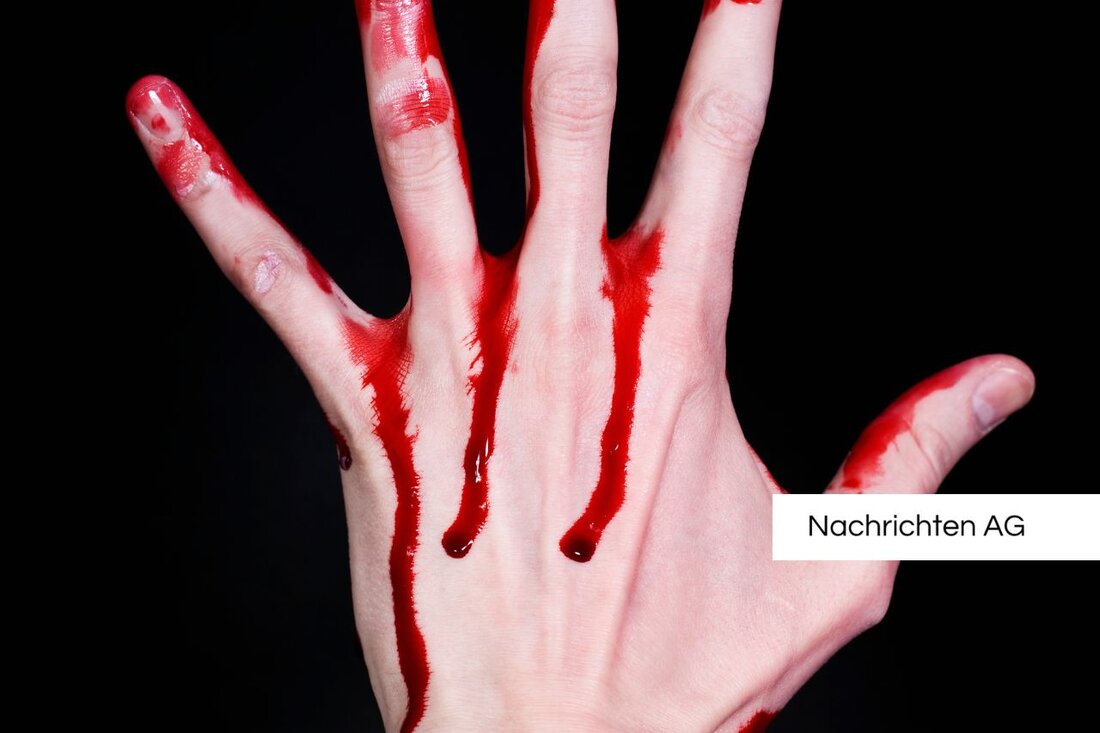Dresden veteran: Kay Wack is the region's blood donation hero!

Dresden veteran: Kay Wack is the region's blood donation hero!
Dresden, Deutschland - What is happening in Dresden? An impressive example of commitment to donating blood is Kay Wack. The 60-year-old recently performed his 228th blood donation at the DRK blood donation service in North-East in Dresden. Wack began his journey as a blood donor in 1984 after a circulatory collapse during his first donation in Berlin. Since then he has done remarkable 200 blood donation and thus handed over over 100 liters of blood. This is truly a performance that you can be proud of! As the sächsische.de reports, especially in the summer months in Germany declined sharply, which underlines the importance of fundraisers such as that of Wack.
But where does this decline come from? According to a report by the ZDF, the need for blood cannons have increased during the vacation time, since the number of accidents increases through travel. At the same time, younger people in particular donate less blood, which sends alarm signs. Only about 15,000 blood donations are needed daily to maintain the supply. But the willingness to donate has dropped significantly, and especially in the hot summer months, the maintenance of sufficient blood reserves becomes a challenge.
The situation is serious
experts warn of precarious medical care conditions. The DRK reports that the blood reserves in Germany are almost used up. In several federal states, including North Rhine-Westphalia and Rhineland-Palatinate, this has already led to the fact that predictable operations had to be postponed. The noticeable aging of the blood donors also ensures worry lines, since many young people for various reasons, such as previous illnesses or simply not sufficiently informed, refrain from donating.
Here the numbers are clear: The decline in the first donors by 6% between 2023 and 2024 could strengthen that problem awareness must be created. The DRK therefore mobilizes all citizens to use available blood donation dates. Two blood donations per year could make the decisive difference. For example, in 2024 the largest blood donation campaign in Germany was carried out in the Tripsdrill amusement park, in which around 3,750 donors were expected.
A call to action
The current situation is critical, but not unconditionally hopeless. Motivating actions and increased willingness to donate are required to keep patient care stable. Kay Wack is a shining example of how you can do a lot with an active contribution. In addition to the emotional aspects of a lifeguard, it is also important to raise awareness of the practical implementation of a blood donation - the donation takes between 5 and 12 minutes and is carried out immediately after a health check. The preparations are uncomplicated, and in order to stay fit after the donation, there is always information about the conservation and a small food.
In summary, we can only encourage everyone to make themselves available as a blood donor. The blood cannot be made artificially - if the reserves are completely slipped, the consequences could be catastrophic. It is up to all of us to accept this important concern and to show responsibility.| Details | |
|---|---|
| Ort | Dresden, Deutschland |
| Quellen | |
